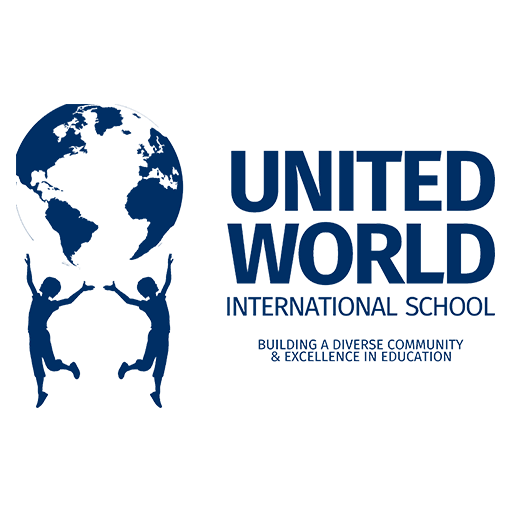Our Year Groups
The British System is organised in year groups, which are then arranged into ‘key stages’ which go together to make up the structure of the curriculum. The British System works as the key entry date for each school year. It is the age of a child on this date that determines the year group to which they belong.
This important stage covers the Preschool , which offers our youngest children a carefully integrated two year programme of learning. The progress of each child is closely monitored across the key areas which make up this stage:
Prime areas:
- Personal, Emotional and Social development
- Communication and Language
- Physical development
Specific areas:
- Literacy
- Mathematics
- Expressive Art and Design
- Understanding the World
During these formative years, we place particular emphasis on personal, social and emotional development.
As the children move through this stage they build on their understanding of the world around them.
This stage covers Years 1 & 2 and consists of the three core subjects of Mathematics, English and Science and the foundation subjects of Information Communication Technology (ICT), Art, Music, Character Education, PSHE and Physical Education. In addition to these subjects, at the UWIS, Kyrgyz and Russian are also taught from Year 1 and continue through all Key Stages.
Children are taught through a ‘topic approach’.
During these first two years of junior school life, students are encouraged to learn both practically and academically and all work is monitored to ensure that students are making the desired progress. We encourage the children to take pride in their achievements and adopt an independent and self-reliant approach to school and particular attention is given to the social and emotional development of all children.
This stage covers Years 3 – 5 and is made up of the same core and foundation subjects found in Key Stage 1.
Years 3 & 4 – ‘First Half of Key Stage 2’ Much of the work in these year groups is ‘cross curricular’, which means that one theme is covered by several subjects. Topics are structured to allow children the freedom to explore new subjects in a stimulating way, fostering their natural enthusiasm for more independent learning. In Year 3 the reading and spelling homework, experienced the previous year, is supplemented with written work, which increases in Year 4.
Years 5 – ‘Second Half of Key Stage 2’ In the upper part of the junior school, a greater degree of autonomy and independence is expected of the children. They are gently encouraged to accept new levels of responsibility and demonstrate leadership skills. Such changes become evident in work habits and organisation, behaviour and self-discipline and their relationships with other students and with staff.
